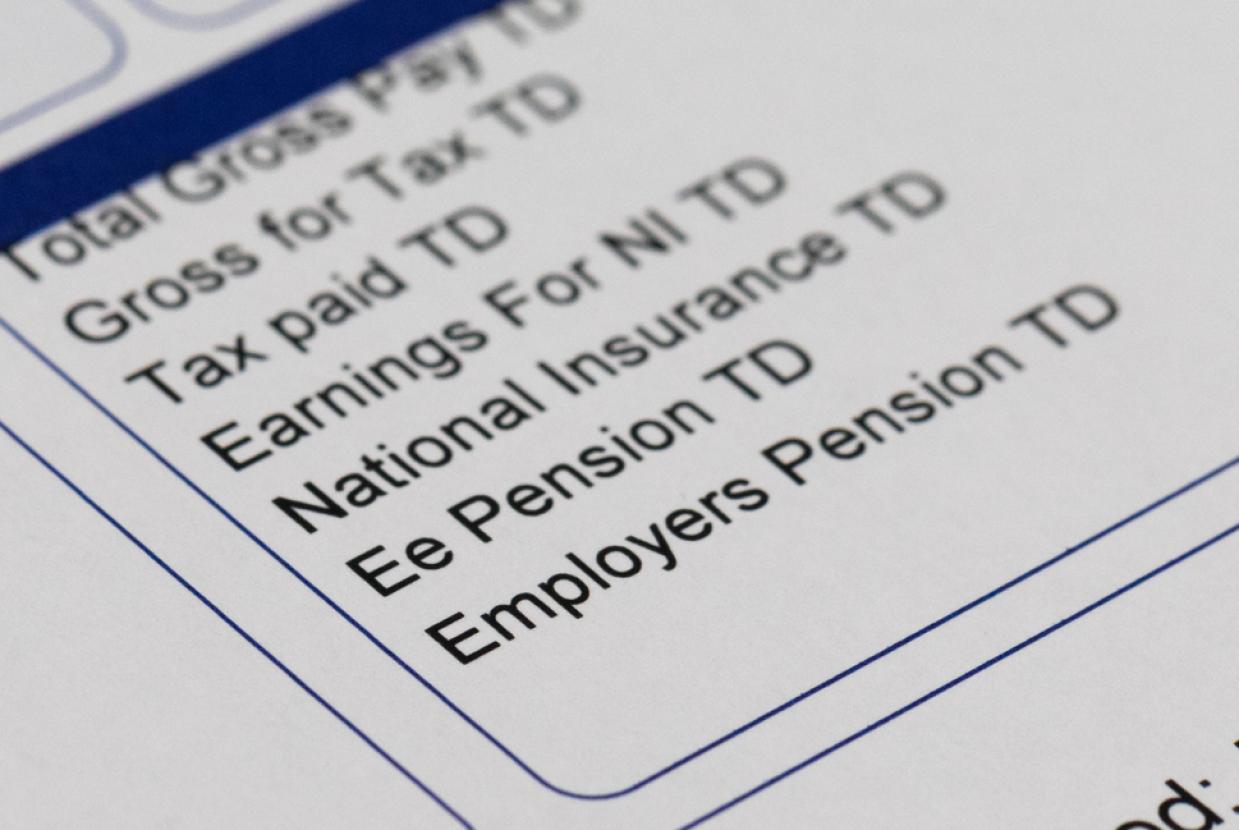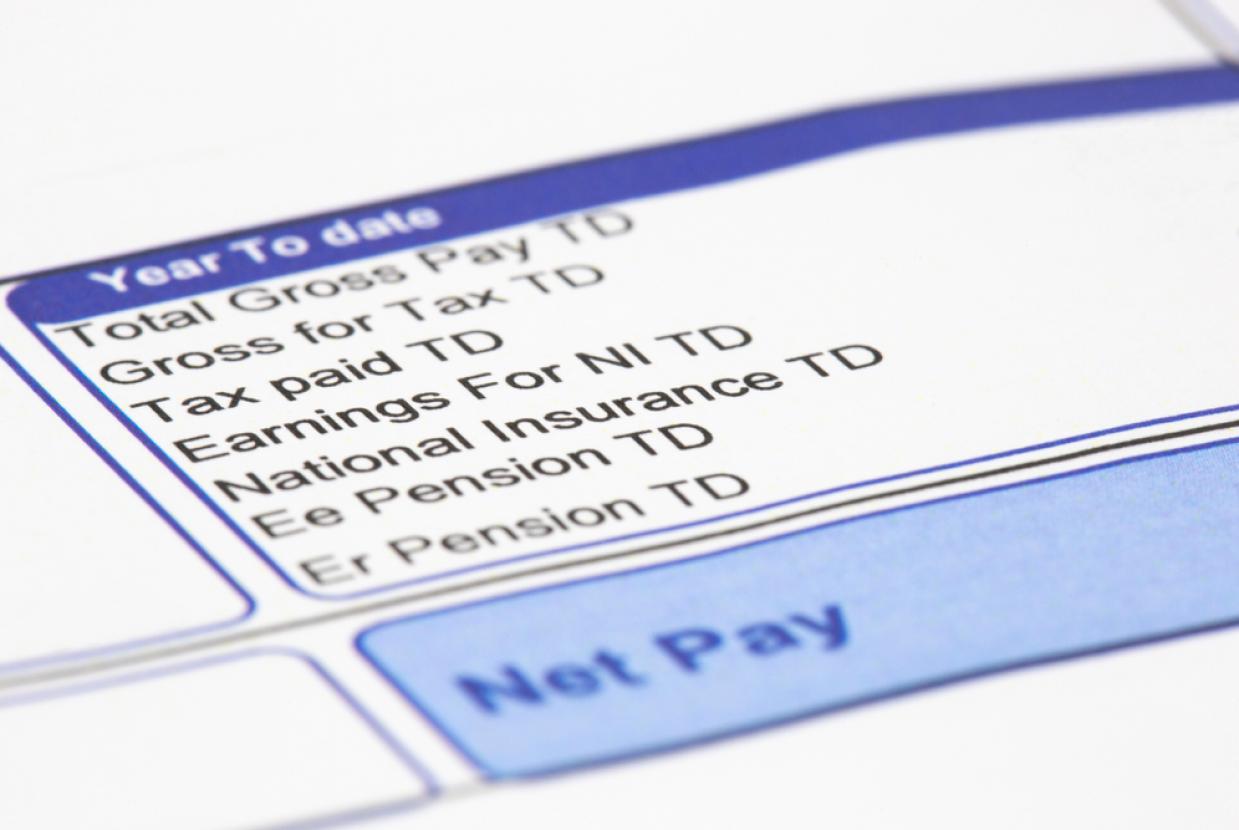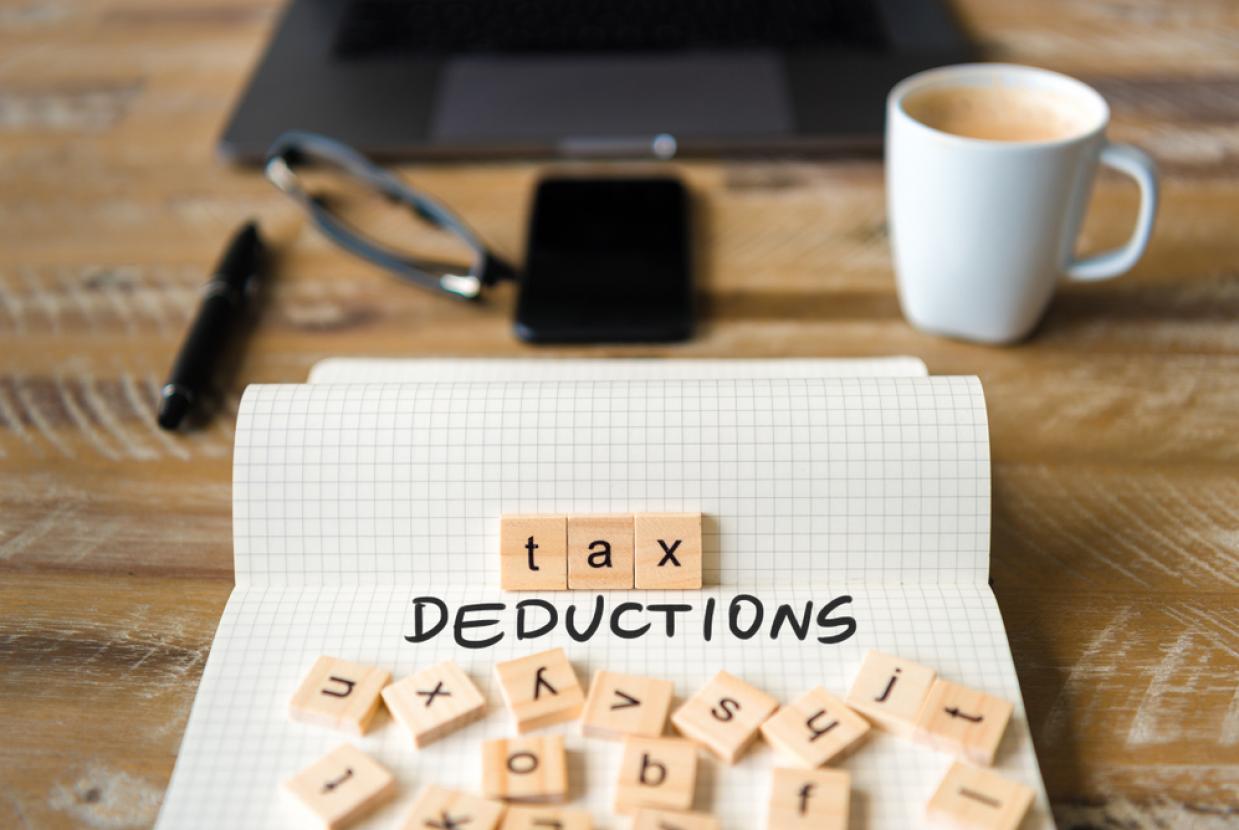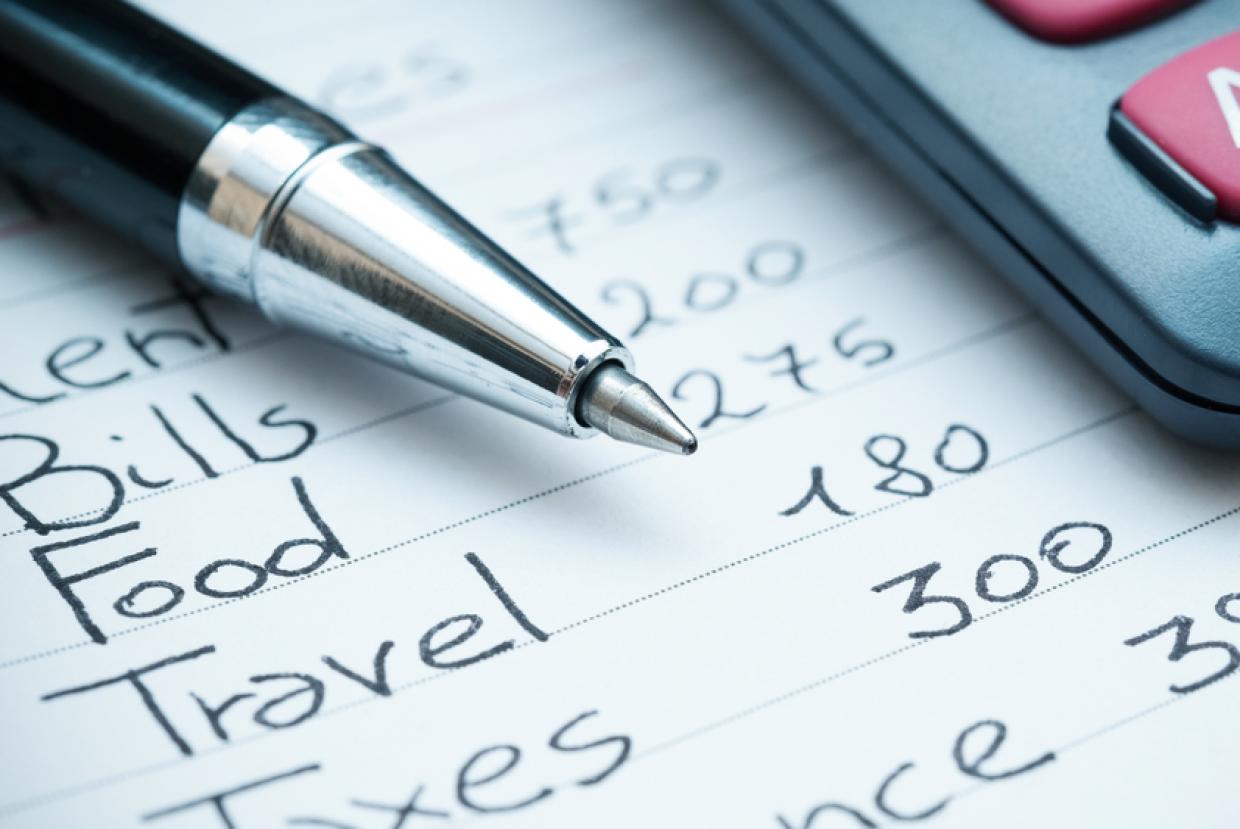Payday loans – what you need to know
Financial HealthPayday loans are short-term loans originally designed to tide people over until payday. The money is paid directly into your bank account, and you repay in full with interest and charges at the end of the month.
Increasingly though, you can borrow for longer periods – typically three months (but longer loans are available) and repay in instalments.
What all these loans have in common is they are high-cost and short-term, and often for small amounts. A payday loan is expensive and could make your situation worse if you can’t afford to pay it back on time. You need to think carefully before choosing one.
What payday loans cost you
The cost of payday loans is capped by law under rules made by the Financial Conduct Authority (FCA). The law limits the amount of interest and default fees you can be charged.
Someone taking out a loan for 30 days will pay no more than £24 in fees and charges per £100 borrowed. If you don’t repay on time, the most you can be charged in default fees is £15 plus interest on the amount you borrowed.
An overall cap means you will never pay back more than twice what you initially borrowed.
Recurring payments
Before agreeing to a loan, many payday lenders will ask you to set up a recurring payment (also known as a continuous payment authority or CPA).
This lets them take what you owe directly from your bank account via your debit card on the repayment date.
This can be handy, but it is risky. It might not leave you with enough money in your account for other bill payments, such as mortgage or rent, or other essential spending, such as heating or food. And it could take you over your overdraft limit, leading to bank charges.
If you don’t feel a CPA will give you enough control over your finances, ask the lender if you can help in other ways.
You can cancel a CPA at any time – although you will still owe the debt, so will need to repay it in another way.
Other repayment options
Before you set up a recurring payment for a payday loan, make sure you understand what your other options are and how they work.
Direct Debit
By signing a Direct Debit Mandate, you give authority to another party to collect money from your bank account. You benefit from the Direct Debit Guarantee Scheme, which protects you if there’s an error in the payment. Direct Debit payments can vary in amount, depending on how much is due.
Standing order
This is when you give authority to your bank or building society to make regular payments to another party by signing a form setting out the amounts and dates for the payments. Unlike Direct Debits, standing orders are for a fixed amount.
How to cancel a regular payment
Direct Debit
You can cancel a Direct Debit by contacting your bank or building society, or through your online banking app.
If you no longer want the goods or services, it’s best to also tell the organisation supplying them to you so your order is cancelled and no further payments are taken.
If you still want to receive the product or service, contact the supplier as soon as possible to arrange an alternative payment method.
Standing order
You can cancel a standing order, or change the amount, date or frequency, by contacting your bank or building society.
Avoiding the payday loans trap
If you have problems repaying a payday loan, the payday lender might tempt you with an extension known as a deferral or rollover – or even a further loan.
However, your lender can only offer you a maximum of two rollovers. And they must give you an information sheet each time they offer you one, with details of free debt advice providers.
Rolling over your payday loan might seem like a great solution if you’re struggling to repay an existing loan. But it can quickly lead to problems because you’ll have to pay back much more in interest and other fees over the longer term.
This could leave you struggling to pay for the essentials you need.
Don’t be swayed by payday lenders’ advertising
Payday lenders advertise their loans as a way of dealing with every cash flow crisis you can think of. But a payday loan is likely to be the wrong choice for you if:
- you want to use it to pay off other loans
- you already have one or more payday loans
- you're not 100% certain you’ll be able to pay it back on time
- you want it to pay for things you don’t need and can’t afford – such as nights out, new clothes or concert tickets.
Are you’re struggling to repay loans, credit cards and other bills? Then you can get free, confidential advice from a debt advice service.
The adviser will help you get your finances back on track and can negotiate with the people you owe money to.
This will help get you the time you need to repay your debts so you don’t have to resort to more borrowing.
If you’re about to get a payday loan
Before taking out a payday loan, think carefully about how you’re going to pay it back.
If you’re short of money this month, think about whether you’ll have the payment plus interest available next month. Are you expecting extra income? Or are you going to have to cut back considerably on spending?
Consider whether a loan you repay in instalments might be better for you. If you decide to get a payday loan, check the lender is regulated by the Financial Conduct Authority (FCA).




































